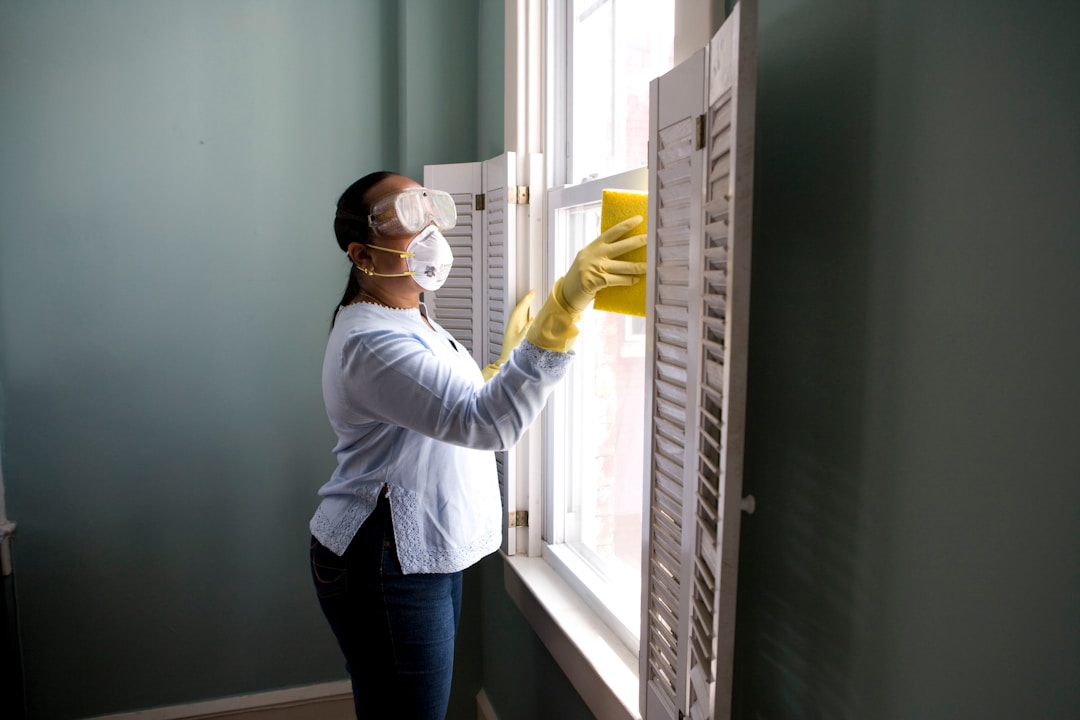If you’re a homeowner, you know that there are many responsibilities in keeping your house up and running. When it comes to the health of you and your family, however, the routine maintenance for all of the structure is of the greatest importance. Among the regular tasks, keeping an eye on your air quality should always be at the top of your list. Here, we will take a quick look at why your home’s air quality is so important, as well as what you can do to ensure that the air you breathe indoors is always the freshest and free of contaminants.
Why is your air quality so important?

Simply put, you always want your home to be a haven of safety and security for your family. Leaving the dangers of poor oxygen quality off your list of priorities can many negative effects on the safety and overall wellness of your family. For example, it may be a given that your carbon monoxide detector always has working batteries, but securing the indoor air quality of the entire home doesn’t end there. Unfortunately, it can be very easy for contaminated air to enter your home, meaning your list of known contaminants must always consider both indoor air and outdoor air elements.
For example, consider the many toxins and contaminants known to be common indoors if the air quality is left unchecked: lead dust, asbestos, combustion gasses, pesticides, and radon are among the chemical toxins or indoor air pollution, that can linger within your home, as well as “biologicals,” such as pollen, dust, and pet dander. If you or a family member have allergies or chronic asthma, all of these types of particles can have equally ill effects on health.
Is indoor air quality really that contaminated?
If you’re first a first-time homeowner, among the tips for preparing a new home for your growing family should be knowing the potential dangers of poor indoor air quality. You may have always assumed that the great outdoors equals fresh air, or perhaps that the dangers of outdoor toxins couldn’t work their way into your home. The truth is that when it comes to clean air quality and your family’s health, both sides need to be factored into your priorities.
Consider, for example, how many airborne outdoor toxins can sneak into your home; pesticides, radon, formaldehyde, and asbestos are all capable of blowing into the ventilation system of your house, or through open windows. In addition, some of these chemicals can be tracked into the home through your family’s clothing or shoes. If you’re moving into a new home, be aware that toxins can also travel through your new carpeting, certain building materials, or within the fresh paint you’re applying to the walls and lacquer on the furniture and cabinets. It may seem scary when all the many possible scenarios are taken into account, but there are many ways to do your due diligence and know what to look for in ensuring your family’s health and safety.
What can you do to improve your home’s air quality?

If you take the time to assemble a comprehensive checklist of possible air quality deterrents, the solutions for guaranteeing fresh oxygen levels and healthy air become less daunting. For example, your full living space should always have good natural ventilation, such as workable windows and a chimney flue, and a fully-functioning ventilation system in place for your house’s heating and HVAC systems. Being sure that the filters of your air conditioner unit are essential in keeping dust, pet dander, and hair, and pollen from circulating throughout your home, and your furnace and heating system should always be routinely checked for leaks and cracks. With that in mind, be sure that your carbon monoxide detector is always working and check its batteries often!
Another effective way to ensure the quality of the air within your home is to double-check the integrity of the structure itself. Be sure that the attic and basement are free of mold growth, and that any crawl spaces and wooden fixtures aren’t rotted; these are tell-tale signs of moisture leaks that can result in a poor quality of your home’s circulating airflow. Finally, if your budget allows, consider investing in a dehumidifier, perhaps for each level of your home.








